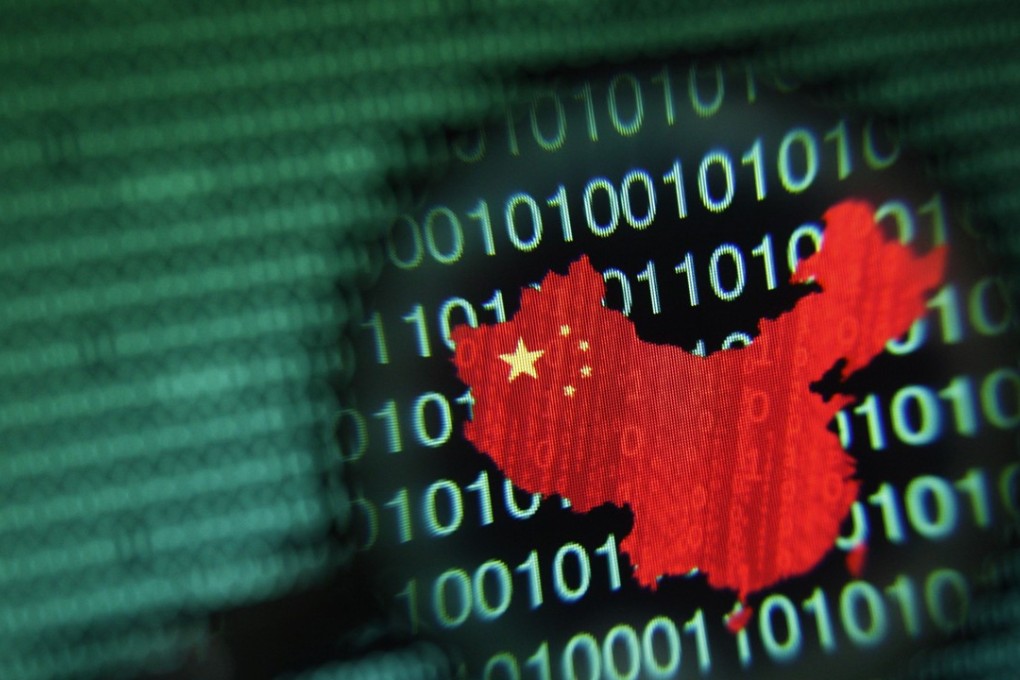US should focus on China’s cybersecurity law, not its tech programme, says group representing Apple, Google and more
Information Technology Industry Council presses Trump administration to seek changes in China’s tougher treatment of online activity and user content

As more businesses weigh in on the accelerating US-China trade war, a group representing Apple, Google, Samsung and other global technology giants is telling the Trump administration that it has the wrong target in its sights.
The White House is pushing Beijing to abandon its “Made in China 2025” programme, which provides massive financial support for domestic innovation in technology.
But the Information Technology Industry Council (ITI) is telling as many US government officials as it can that there’s another, far more pressing issue to deal with: China’s new cybersecurity law.
ITI advocates on behalf of global tech giants on issues that affect them broadly, partly because its constituents – which also include Toyota, Nokia and even China’s Lenovo – are reluctant to be public about the differences with the governments that regulate them.
It's really not helpful to tell China, ‘You need to change or walk back Made in China 2025’
“It’s really not helpful to tell China, ‘You need to change or walk back Made in China 2025.’ Frankly, it’s not helpful to us,” Naomi Wilson, ITI’s director of global policy for China and Greater Asia, told the South China Morning Post. She said ITI supported the White House’s objectives, but its plans did not deal with the real problem.
“If China were to just sweep Made in China 2025 under the rug, all of these other regulations and laws still exist. China will proceed with implementation and enforcement of those laws.”
While China’s cybersecurity law was enacted in June 2017, associated regulations have been published by various governing bodies since then, setting punishments including fines for individuals of up to 100,000 yuan (US$14,600) for not properly censoring content, and the revocation of permits and business licences.
The programme is a set of guidelines and does not spell out punishments for companies or individuals.